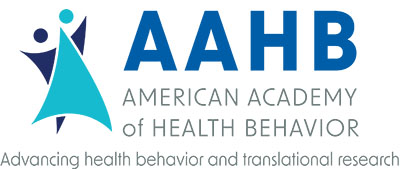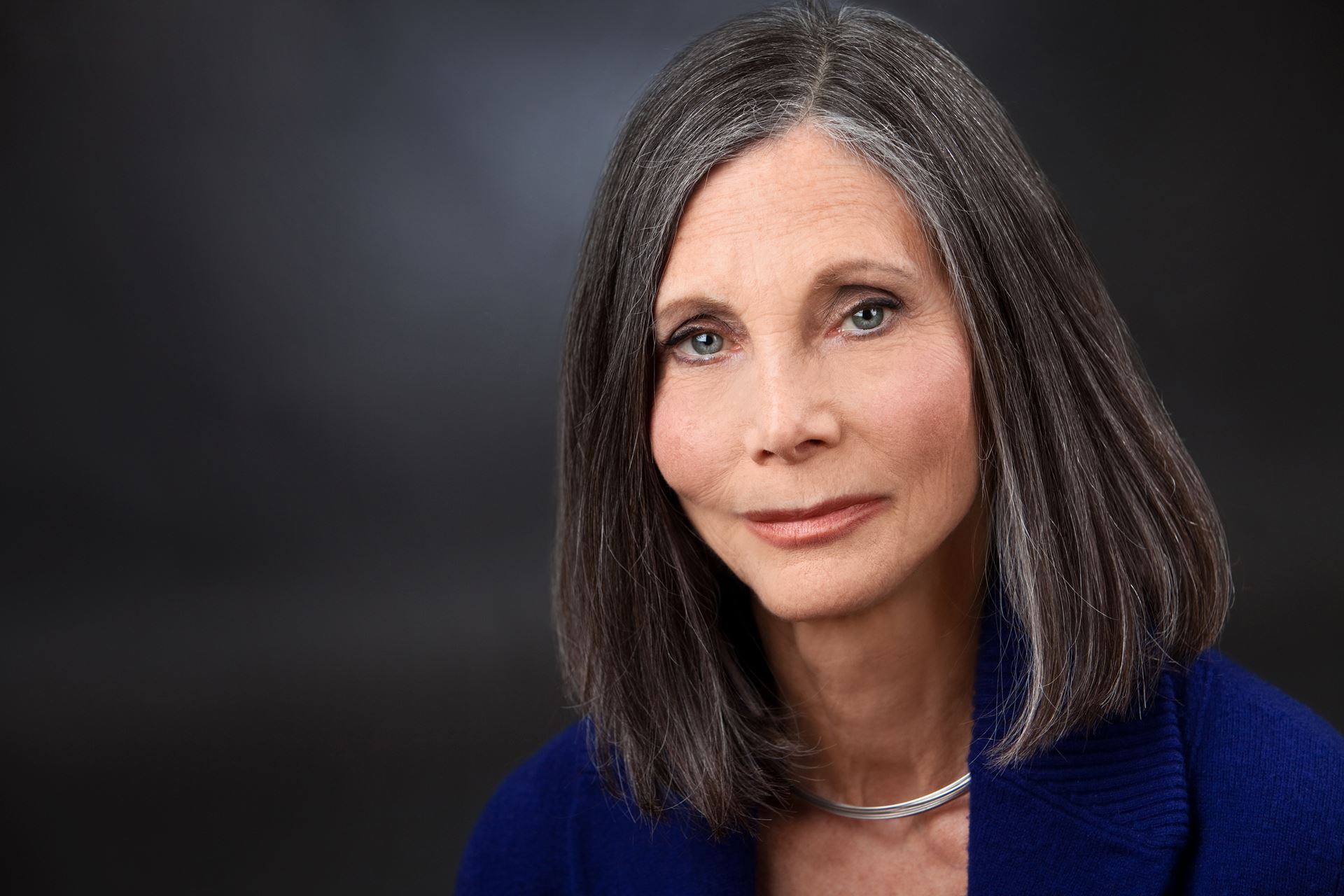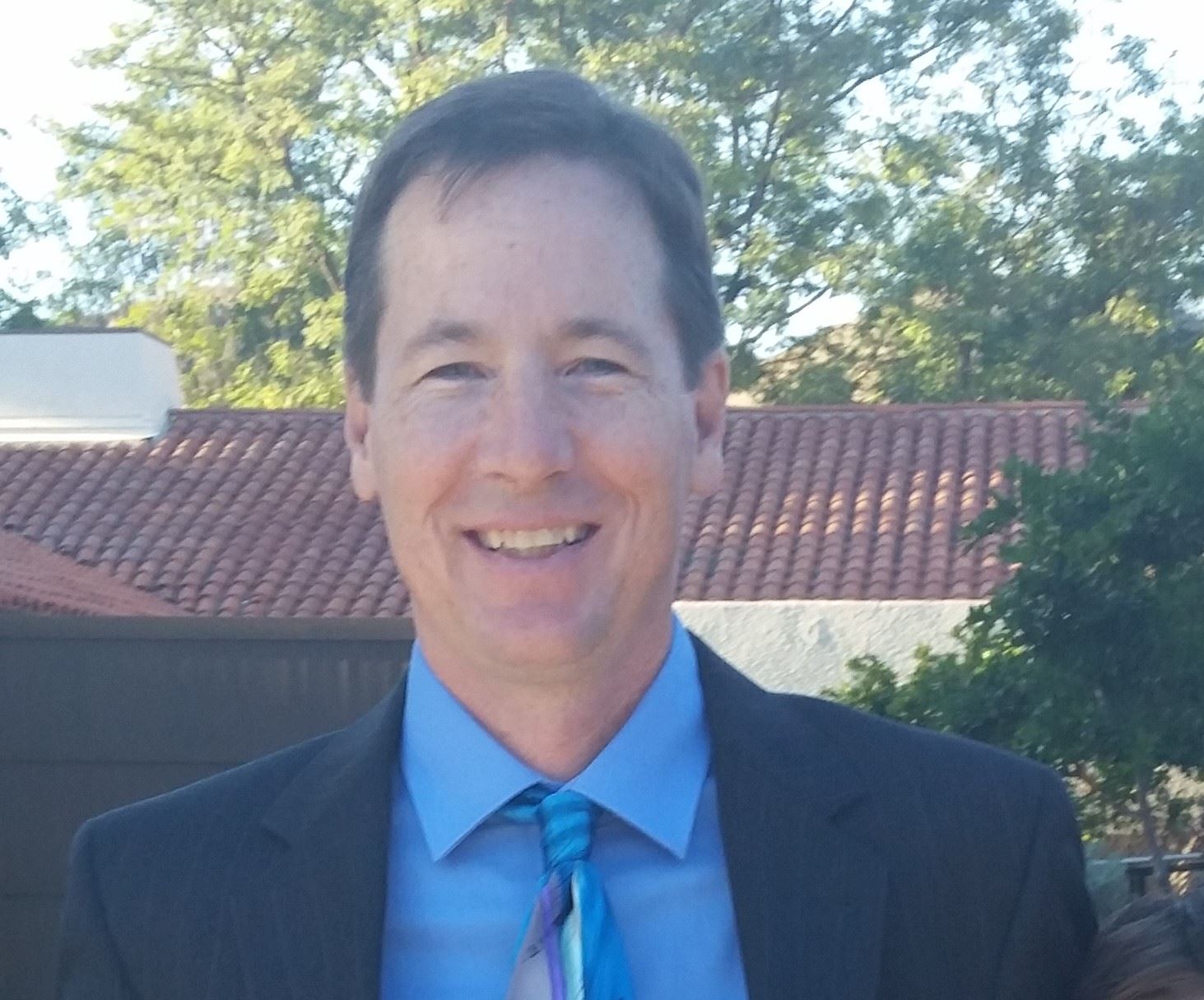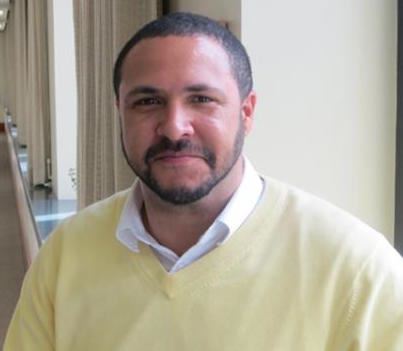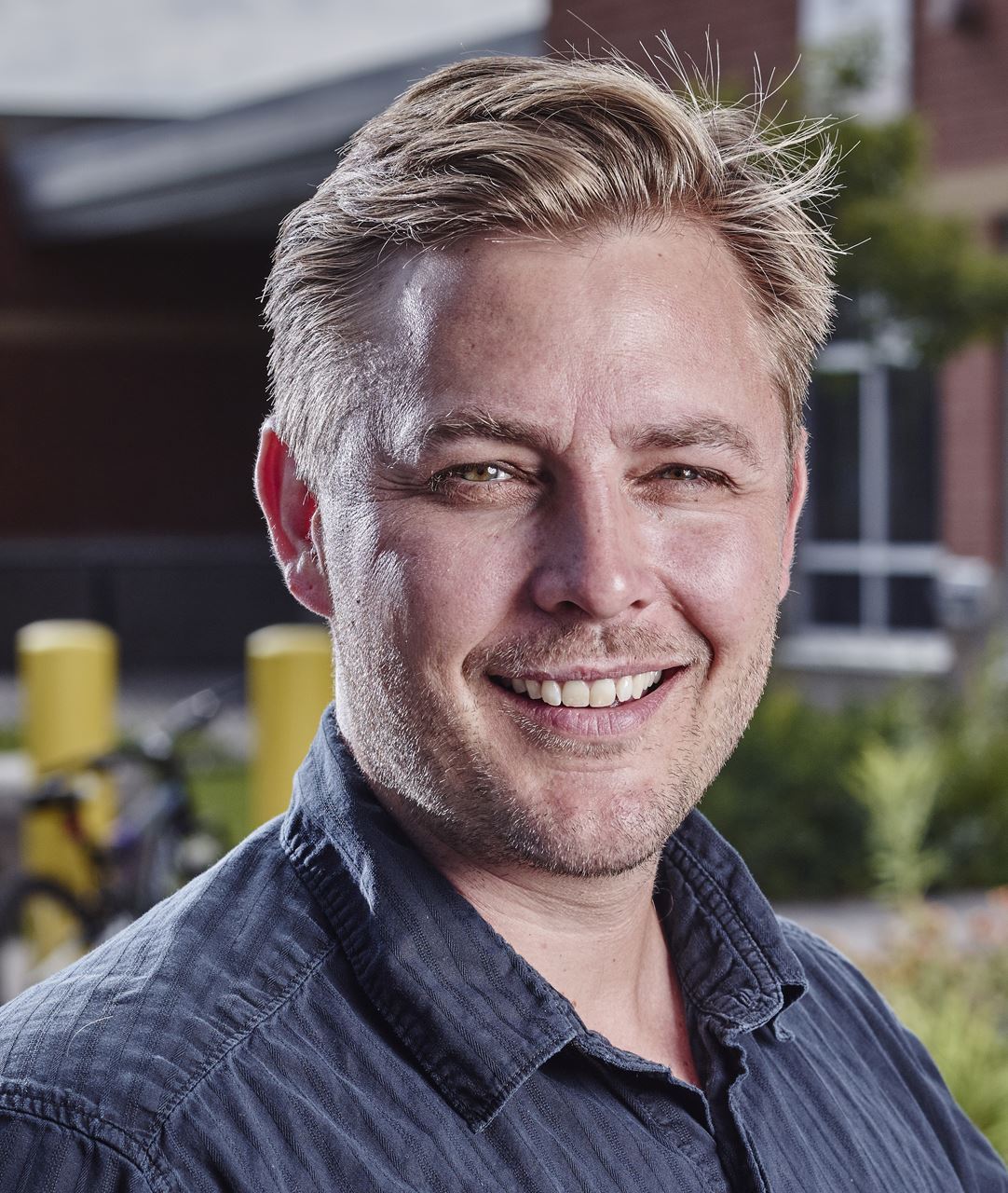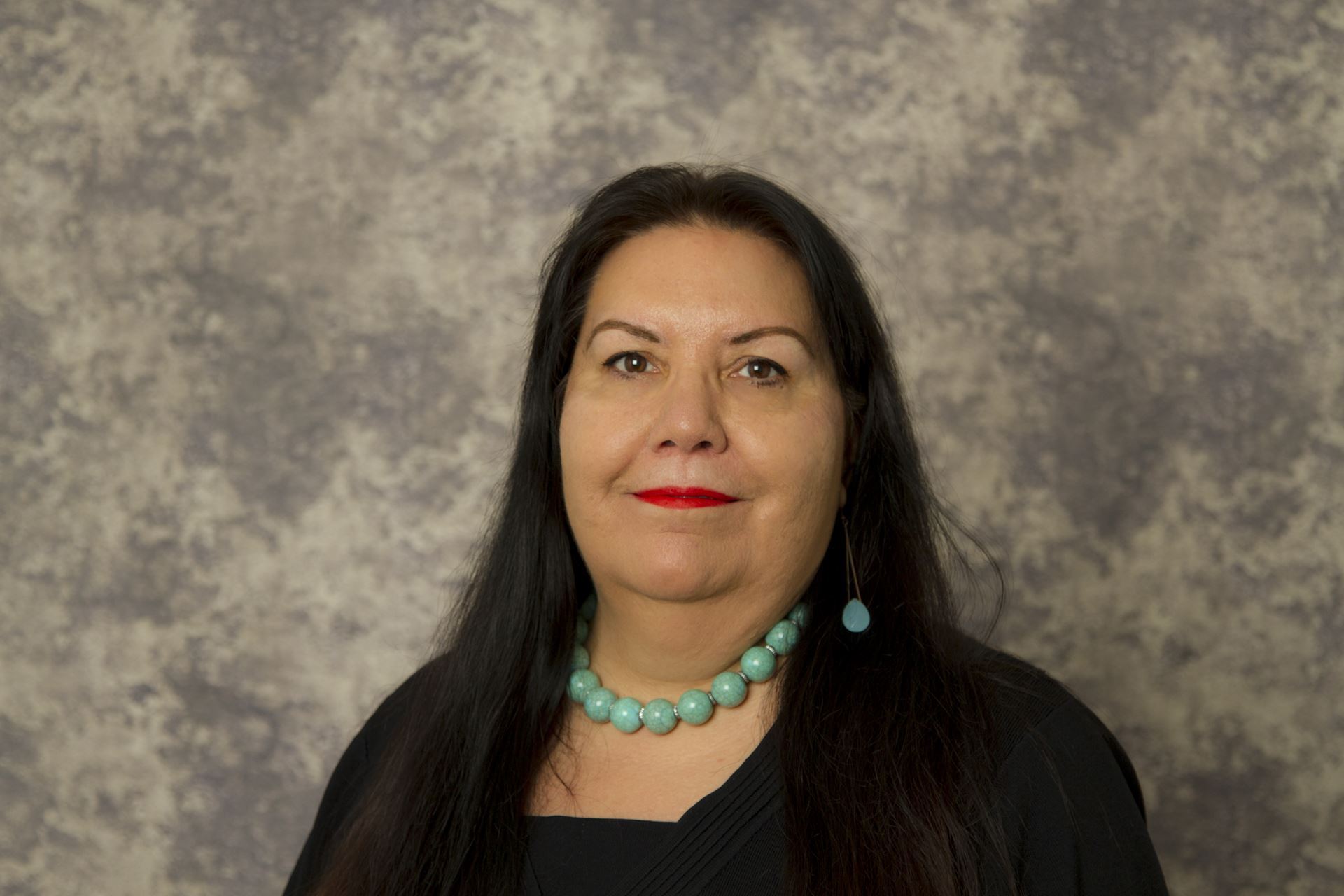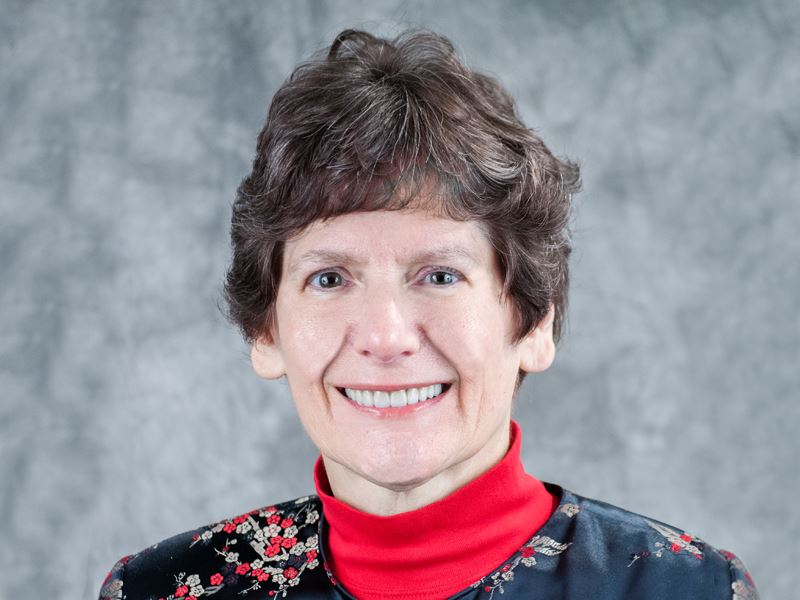Speaker Profiles 2018 |
Paula Braveman, MD, MPH University of California, San Francisco - Center on Social Disparities in Health Title: "What does health equity have to do with health behaviors?" Paula Braveman, MD, MPH is Professor of Family and Community Medicine and Director of the Center on Social Disparities in Health at the University of California, San Francisco (UCSF). Her formal training is in Family and Community Medicine and in Epidemiology. For 30 years, Dr. Braveman has studied and published extensively on health equity, health disparities, and the social determinants of health, and has worked to bring attention to these issues in the U.S. and internationally. Her research has focused on measuring, documenting, understanding, and addressing socioeconomic and racial/ethnic disparities. During the 1990s she collaborated with World Health Organization staff to develop an initiative on equity in health in low- and middle-income countries. She directed the research for a Robert Wood Johnson Foundation national commission on the social determinants of health. Throughout her career, she has collaborated with local, state, federal, and international health agencies to see rigorous research translated into practice for greater health equity. She was elected to the Institute of Medicine (now the National Academy of Medicine) in 2002.
Scott Carvajal, PhD, MPH University of Arizona - Director of the Arizona Prevention Research Center (AzPRC) Title: "Health inequities and resilience in Latinx populations: Concepts, trends and prevention research from the Arizona-Sonora region" Scott C. Carvajal, PhD, MPH, is the Director of the Arizona Prevention Research Center (AzPRC) and is a multi-discipline trained applied social and quantitative psychologist with expertise in health promotion theory, Latino/cultural behavioral research methods, intervention design and evaluation methods. His principal research (funded by NIDA, NIAAA & currently NICHD & CDC) has focused on understanding a range of health behaviors that convey risk or protection (e.g., substance abuse, sexual risk taking, healthy food choice, physical activity) and mental health outcomes (e.g., bicultural stressors, depressive symptoms, coping strategies), with a major emphasis on testing social ecological models within minority populations. Dr. Carvajal was the Director of Substance Abuse Core for an NCMHD/NIH-funded (2003-2009) Center for Health Equality, a Center of Excellence focusing on eliminating health disparities in Arizona Latinos and American Indians. As part of that Center he had an important role in review and oversight of pilot research activities, and in the mentoring of junior investigators and fellows. More recently as Director/PI of the CDC funded University of Arizona Prevention Research Center, he is responsible for the research oversight of multiple CBPR lead programs that include aims of the promotion of physical activity, health eating and health screening with under-served border populations. He has also been an important collaborator as a lead quantitative data analyst and/or behavioral science methodologist on five other major, federally-funded (e.g., NCI, CDC, NIMH), health promotion interventions for multi-ethnic or minority populations. Within these projects he has contributed (as lead or co-author) on works focusing on theoretical models for behavioral change, testing new psychosocial measures, and statistical models for evaluating program impact on psychosocial mediators and outcomes. He is also committed to an interdisciplinary science approach in addressing health problems and this is reflecting in his participation in groups such as the Community Influences on Health Behaviors (NIH Chartered Study Section) and the Cancer Prevention and Control Division, Arizona Cancer Center. Objectives:
Ben Duncan - Chief Diversity and Equity Officer for Multnomah County Title: "Bridging Equity, Social Justice and Applied Practice" Ben Duncan is the Chief Diversity and Equity Officer for Multnomah County. He has been with the county since 2004 when he began his career in Environmental Health as a community health worker. He has since worked as a health educator, policy analyst and manager of the Health Equity Initiative. In each of these roles, his work has always focused on the relationships between our social, economic, and environmental conditions and racial and ethnic disparities. Learning Objectives: 1. Describe Multnomah County's Equity and Empowerment Lens (racial justice focus) as a foundational framework for applying equity to programs, policies and practice 2. Utilizing a case study around contracting and procurement practice to provide examples of the application of the Lens in a local governmental setting 3. Participants will explore how the Lens could be used to explore research applications related to efficacy of culturally specific program models, how a "deepened sense of belonging" improves outcomes at a clinical and individual level, and how attention and response to cultural norms and practices can impact and affect social service delivery outcomes. |
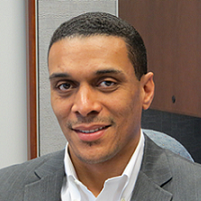
Carl V. Hill, PhD, MPH
Director of the National Institute on Aging, Office of Special Populations
Title: “Health Disparities Research with the National Institute on Aging”
Carl V. Hill, Ph.D., M.P.H., leads the National Institute on Aging’s (NIA) efforts in stimulating health disparities research related to aging. Dr. Hill is the Director of the Office of Special Populations. In this position, he helps to facilitate studies focused on health disparities; supports the development of initiatives to enhance NIA’s research and training efforts targeting underrepresented groups, including minorities and women; provides advice and guidance to senior staff on health research related to special populations; and directs the NIA Butler-Williams Scholars Program for early career aging researchers. In 2015, Dr. Hill led the development of the NIA Health Disparities Research Framework, which has been used by NIA staff to stimulate health disparities research in the aging research community.
Dr. Hill was a member of the inaugural class of the Master of Public Health (MPH) program at Morehouse School of Medicine in Atlanta, Georgia and began his career with the Centers for Disease Control and Prevention’s (CDC) Public Health Prevention Service (PHPS). He went on to complete doctoral study at the University of Michigan, School of Public Health in Ann Arbor, Michigan.
Learning Objectives:
1. Participants will be able to discuss specific processes, challenges and lessons learned in stimulating health disparities research opportunities at the National Institutes of Health (NIH).
2. Participants will be able to discuss the rationale for, and utility of the NIA Health Disparities Research Framework to stimulate health disparities research related to aging.

Nadia Islam, PhD
Section for Health Equity, Department of Population Health - NYU School of Medicine
Title: "Advancing Health Equity in Asian American Communities: Context, Challenges, and Opportunities"
Nadia Islam, PhD, is an Associate Professor in the Department of Population Health at the NYU School of Medicine. Her research focuses on developing culturally relevant community-clinical linkage models to reduce cardiovascular disease and diabetes disparities disadvantaged communities. She is the Deputy Director the NYU Center for the Study of Asian American Health (CSAAH), a NIH-funded P60 National Research Center of Excellence dedicated to reducing health disparities facing Asian American communities, Research Director of the NYU-CUNY Prevention Research Center, and Principal Investigator of a CDC-funded Racial and Ethnic Approaches to Community Health (REACH) program project. She also serves as the principal investigator on several NIH- and CDC-funded initiatives evaluating the impact of community health worker intervention on chronic disease management and prevention in diverse populations. Dr. Islam’s work has been featured in the American Journal of Public Health, Diabetes Care, and numerous other peer-reviewed journals.
Learning Objectives:
1. Describe the Asian American population in the United States
2. Describe community-clinical linkage models designed to address context and enhance health equity in Asian American communities
3. Define a population health equity approach and explore how this framework can be applied to work across racial/ethnic minority communities
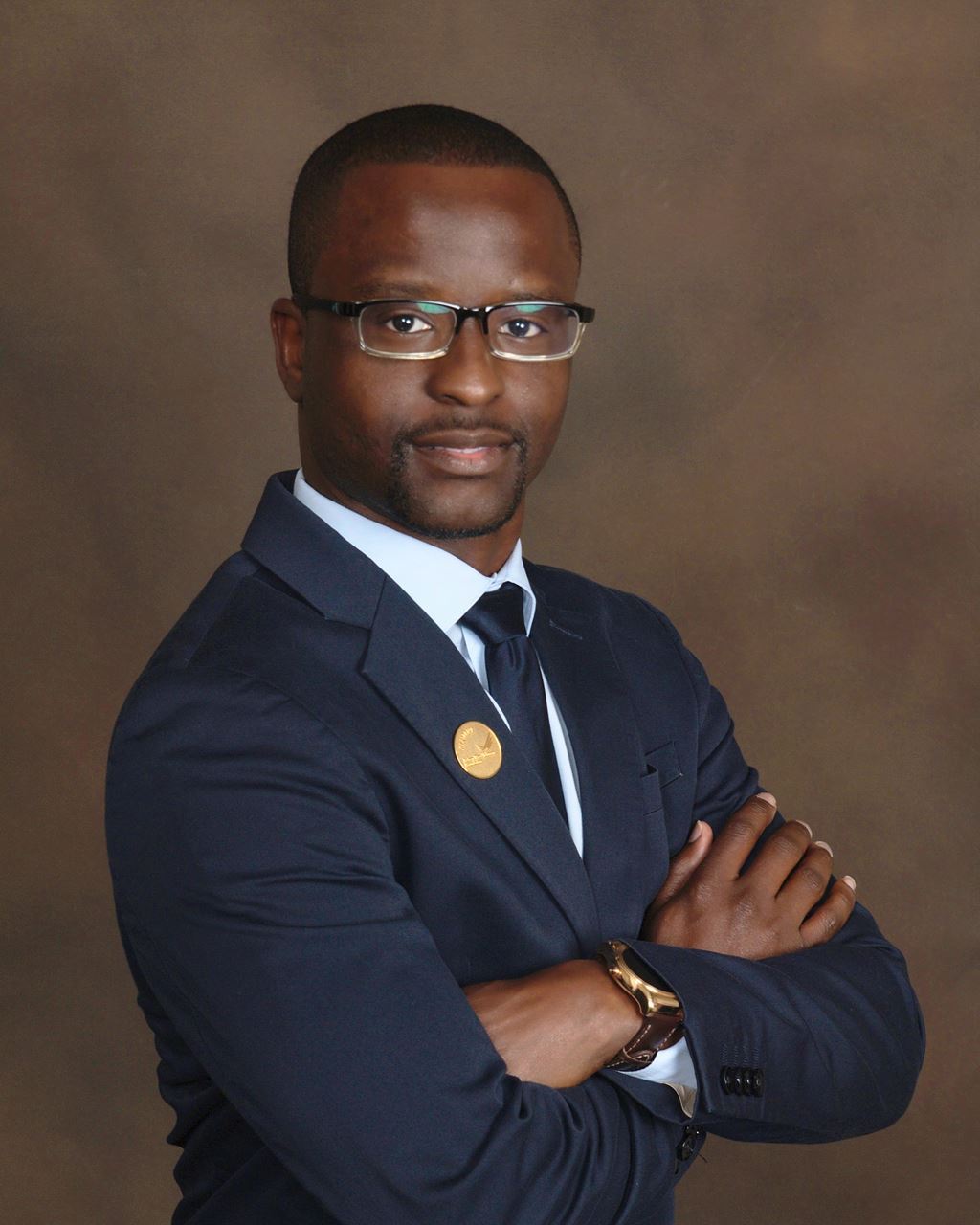
Antwan Jones, PhD
The George Washington University
Title: "Place and Agency Equity: How Neighborhoods and the Individuals Who Live in Them Contribute to Health Inequalities"
Antwan Jones is an Associate Professor of Sociology and of Africana Studies at The George Washington University. Receiving degrees from Duke University and Bowling Green State University, he has published research on various health outcomes. However, he focuses his research on the residential and neighborhood context in which individuals live as a way to understand health disparities among marginalized populations. Engaged in national and international research, Jones has firmly located himself in the field of urban sociology by elucidating how residential processes (such as housing instability) and neighborhood contexts (such as food deserts and concentrated poverty) are essential to the study of adult cardiovascular disease, child obesity, and disability among the elderly. In his most recent research funded by the Robert Wood Johnson Foundation (RWJF), he relies on theories from multiple disciplines to isolate the effect of residential instability on adolescent obesity, and he assesses how the built environment helps to explain this effect. In addition, Jones is using the same framework to explore how residential instability and levels of social cohesion and social support present in neighborhoods are collectively related to food insecurity among low-income families who live in neighborhoods that are experiencing high population turnover and rapid demographic transition. Dr. Jones currently serves on the National Advisory Committee for RWJF’s Evidence for Action (E4A) Program, the DC Policy Center’s Advisory Board, and the DC Commission on African-American Affairs.
Learning Objectives:
Conference participants will:
1. Identify how place-based initiatives can affect population health inequalities
2. Examine how individuals interact with their environment to perpetuate population health outcomes
3. Apply an interdisciplinary and structural lens to the study of health, while acknowledging the role of the individual
Scott Leatherdale, PhD University of Waterloo - Compass System Professional Development and Mentoring Luncheon, Tuesday, March 6, 2018 Title: “Natural experiments: innovative methodology in applied health promotion and chronic disease prevention research” Scott Leatherdale, PhD, is an Associate Professor and CIHR-PHAC Research Chair at the University of Waterloo (Canada). Dr. Leatherdale’s research focuses primarily on the development, surveillance, and evaluation of population health interventions, as well as the creation of infrastructure needed to facilitate population level study of chronic disease prevention, primarily among youth populations. Dr. Leatherdale has focused much of his recent research efforts leading the COMPASS system. COMPASS is the world’s largest and most comprehensive natural experiment evaluation system specific to examining the impact that real-world population health interventions have on multiple risk factors and outcomes [tobacco use (including e-cigarettes), obesity, poor diet, physical inactivity, poor mental health, screen time, alcohol use, cannabis use, bullying] among youth over time. COMPASS is currently funded by the Canadian Institutes of Health Research (CIHR) and Health Canada (2012 to 2021) and has been collecting longitudinal data from ~70,000+ grade 9 to 12 students and the 100+ schools they attend in Ontario, Alberta, Quebec, British Columbia, and Nunavut annually. Dr. Leatherdale has published more than 180 peer-reviewed manuscripts and was recently awarded the inaugural CIHR-IPPH Trailblazer Award in Population Health Solutions from CIHR. Workshop Learning Objectives: 1. Define natural experiments and provide concrete examples of natural experiments using existing examples of real-world health promotion and chronic disease prevention activities; 2. Outline the characteristics and assumptions of natural experiments, including the strengths and limitations of natural experiments; and, 3. Explain the design considerations and analytical methods within natural experiments (i.e., design, analysis, and reporting).
Margaret Moss, PhD, JD, RN, FAAN University at Buffalo, School of Nursing Title: "American Indians: Structural Blocks to Health Equity" Margaret P. Moss, PhD, JD, RN, FAAN, an enrolled member of the Mandan, Hidatsa, and Arikara Nation [Three Affiliated Tribes of North Dakota] is Assistant Dean of Diversity and Inclusion/Associate Professor (tenured) at the University at Buffalo, School of Nursing. She is the first and only American Indian to hold both nursing and juris doctorates. As a RWJF Health Policy Fellow she staffed the US Senate Special Committee on Aging (2008-9) and was lead staff on the now enacted National Alzheimer’s Project Act. Dr. Moss recently published the first nursing textbook on American Indian health (Springer 2015), which won AJN Book of the Year in 2 categories (2016). She was a 2014 Fulbright Visiting Research Chair in Aboriginal/Indigenous Life and Culture in the North American Context at McGill University, Montreal, QC (2014) where she analyzed Canadian Census and Health laws and the resulting deficits for indigenous health outcomes. Dr. Moss was on faculty at Yale University (2010-2015) where she directed both the Masters and Doctoral programs on leadership and Policy. Dr. Moss earned her PhD in Nursing from the University of Texas, Houston HSC and her JD from Hamline University School of Law in St Paul, MN. She was a tenured faculty (2006) during her time at the University of Minnesota 2000-2010. Dr. Moss’ clinical experience, included being staff nurse and then House Supervisor and Patient Education Specialist at the US Public Health Service, Indian Health Service/ Santa Fe Indian Hospital (1991– 1996). Her research methods have included ethnography, geographical information systems, survey, and other qualitative methods. Dr. Moss has published papers primarily focused on American Indian Elders, Zuni Elders & Aging, Migration & Re-Migration of Am Indians and the Impact on Elders. She is a popular speaker and has delivered more than 120 invited papers internationally and nationally on health disparities, Indians and Research, Health Policy, and healthy aging in American Indians. Learning Objectives:
Marcia Ory, PhD, MPH Texas A & M University - Associate Dean of Research/Regents & Distinguished Professor Title: "Designing Active Living Communities for Equity: Concepts, Applications, and Methods" Marcia G. Ory, Ph.D., M.P.H., is Regents and Distinguished Professor, Department of Environmental and Occupational Health, School of Public Health (SPH) at The Texas A&M Health Science Center in College Station, Texas. Her primary administrative role is serving as Associate Dean for Research (since February 2015). As Founding Director of the Texas A&M Center for Population Health and Aging, she is working with an interdisciplinary cross-campus group to develop innovative research projects across public health, medicine, liberal arts, architecture, engineering and computer sciences. She also co-lead for the legislatively mandated Healthy South Texas Initiative. In this capacity, she is working with a diverse group of academics, clinicians, and community stakeholders to identify and evaluate innovative programs in chronic disease management with the goal of improving the health of residents at the Texas-Mexico border. She has been a principal investigator on multiple local, state and federally funded grants to implement and evaluate evidence-based behavioral interventions for promoting healthy lifestyle changes in midlife and older ages. Drawing upon a life-course perspective, she has also been a primary investigator on several research studies exploring policy and environmental interventions for reducing childhood obesity. In these roles she is examining how health promotion evidence-based programs for individuals at different life transitions can be translated to clinical, community or workplace settings. She holds a doctorate from Purdue University and a Masters of Public Health from The Johns Hopkins University. She has been the author of more than 400 publications on a variety of topics including self-care, physical activity and mobility, doctor-patient interactions, chronic disease management, obesity prevention, falls and injury prevention, women’s health, minority health and translational research. She is a Fellow of the American Academy of Health Behavior, Gerontological Society of America, and Society of Behavioral Medicine as well as an elected member of the American Academy of Behavioral Medicine Research. She has been the recipient of many national awards such as the Texas A&M Health Science Center Presidential Research Award and the Lifetime Achievement Award from the Aging and Public Health Section of the American Public Health Association. For further information see: Center Website: WWW.CPHA.EDU Learning Objectives:
|
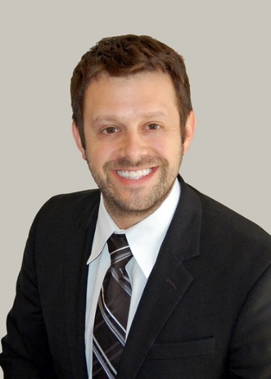
Matthew Lee Smith, PhD, MPH, CHES, FAAHB
The University of Georgia
Professional Development and Mentoring Luncheon, Monday, March 5, 2018
Title: "Keys to Quality Mentorship and Productive Collaborations: Lessons Learned from AAHB Scholars"
Recognizing health status is influenced by a vast and interconnected set of determinants, Dr. Matthew Lee Smith has devoted his career to create synergistic partnerships and initiatives to encourage positive lifestyles and reduce rates of preventable morbidity and mortality. He has earned a national reputation as a falls expert and evaluator of evidence-based programs for older adults. His involvement in local, state, and national evaluation initiatives have been integral to foster understanding about the reach, adoption, implementation, effectiveness, and maintenance of different evidence-based programs targeting key populations in community, school, workplace, and healthcare settings. Dr. Smith’s evaluation efforts have been funded by organizations including the National Institutes of Health (NIH), Administration on Aging (AoA), National Council on Aging (NCOA), Centers for Disease Control and Prevention (CDC), and Centers for Medicare and Medicaid Services (CMS). His contributions to the field have been recognized as informing policy and practice related to the delivery and dissemination of behavior change interventions.
Workshop Learning Objectives:
1. Attendees will increase their familiarity with the scope and potential benefits of participation in the AAHB Research Scholars Mentoring Program.
2. Attendees will be able to describe several specific ways in which mentoring can promote the development and scholarship of early career professionals.
3. Attendees will be able to identify at least three strategies for making the most out of a mentoring relationship.
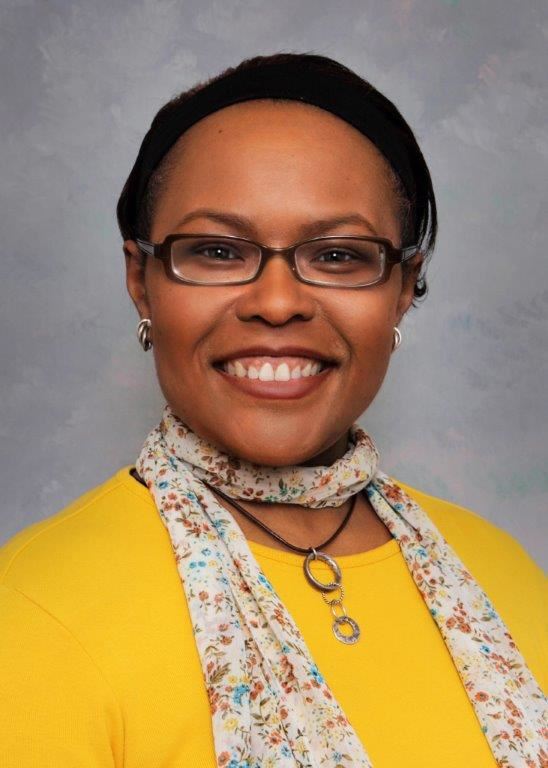
Staci Young, PhD, MS
Medical College of Wisconsin
Department of Family and Community Medicine and the Institute for Health and Equity
Title: "Narrative matters: Health equity, health behaviors, and social justice"
Staci Young, PhD, MS is an Associate Professor in the Department of Family and Community Medicine and the Institute for Health and Equity, as well as the Associate Director of Health Disparities and Health Equity in the Center for Healthy Communities and Research. She is a medical sociologist that uses qualitative and mixed methods such as narrative inquiry, ethnography, and surveys to investigate factors that influence the behaviors of health providers, patients, and community members.
Dr. Young’s research focus areas include advocacy for vulnerable patients and populations, the organization of work among health professionals in traditional and community-based clinical settings, and the relationship between the urban environment, acute and chronic life stressors, and health status. She has been the Principal Investigator for multiple research projects with longstanding community partners addressing women’s exposure to violence and harm reduction, the public and community health workforce, and the role of safety net providers in ensuring access to health care. She is currently the co-investigator for an NIH National Cancer Institute R01 grant focused on residential segregation and breast cancer survival among African American and Hispanic women, and an R21 grant on weight loss and breast cancer survival among Hispanic women.
Dr. Young earned her masters and doctorate in Urban Studies from the University of Wisconsin-Milwaukee. She has over 20 years of experience in community engaged research and community-academic partnership evaluation.
Learning Objectives:
1. Recognize the role of personal narratives in shaping health behaviors.
2. Identify the mechanisms by which individual experiences can exemplify health equity and social justice.
3. Describe ways in which researchers can apply narrative inquiry as a methodology.
